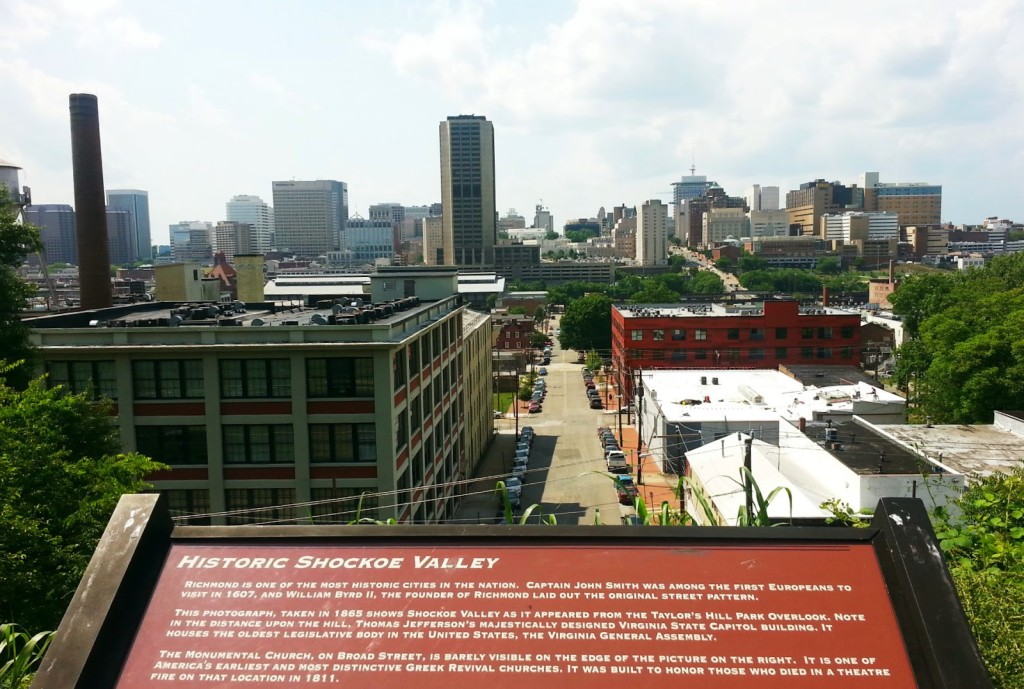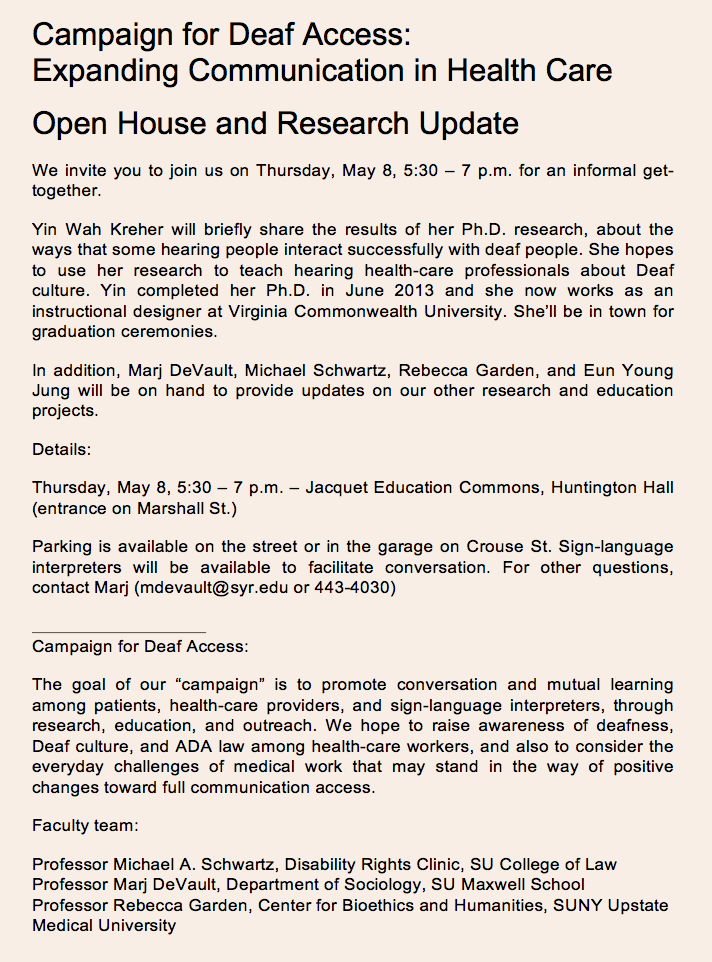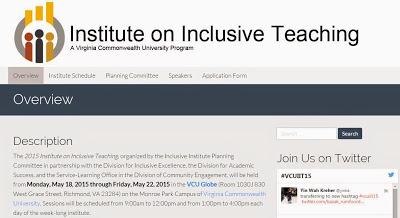Hodge Podge of Thoughts on Inclusive Teaching Institute

I thought of you
In the land of plenty
Disconnected from the rest of Richmond city
Riding in a car
Someone pointed out
“This school‘s roof leaked.
The ceiling tile hit a child!”
What went through the minds of young students
To be broken up and bused to different strange schools?
Further the car took me
To another school sited next to the city jail
Hope sits adjacent to despair
City planning gone awry
Or a deliberate act of marginalization
In the four Courts silence pervaded
There were no children skipping in backyards
Nor grownups in congenial chatter
A police car, no, two, circled these housing projects
Turns in the road
Led me back to my rustic retreat
Cast down by the privilege of knowing
:::::::::::::::::::::::::::::::::::::::::::::::::::::::::::::::::::::::::::::::::::::::::::::::::::::::::::::::
A girl received a scholarship offer to go to college but did not have $12 to pay for a required transcript for her application. When she finally found the money to do so, the scholarship fund had largely been depleted.
A man was offered a job. He couldn’t accept it because he couldn’t get to work. City buses do not ply the roads of his neighborhood.
::::::::::::::::::::::::::::::::::::::::::::::::::::::::::::::::::::::::::::::::::::::::::::::::::::::::::::::::
My learning experience at the 2014 Summer Institute for Inclusive Teaching was thrilling and disturbing. Since the close of the Institute, I have found it difficult to write about the week’s experience. I lost my “voice.” I couldn’t muster strength nor heart to blog or tweet. These activities seemed frivolous to me when poverty and injustice had stared at me so blatantly. I had never considered if I had been raised in circumstances of privilege. Yet listening to the speakers on all five days, I couldn’t help but wonder if my education and hence privilege of knowing had led me to adequate action for the public good.
At the Institute, I was like a sponge soaking up new concepts. Having been raised in the island-state of multiracial Singapore, appreciation for and support of diversity has been a natural part of my life. But back there, I didn’t think, or maybe more aptly, didn’t have to think, about stereotype threats, gender inclusion or other forms of marginalization. I was a member of the dominant race. I was surrounded by friends of different racial and linguistic groups. Educated in a girls’ school (Like bell hooks of Teaching to Transgress), I received empowering education. In the USA, I am or became part of a minority group — an oft-perceived model minority group. I have often been told in the face that I’m over-motivated and that I need to “slow down.” It seems in the USA people see me and read “privilege” or “always looking for number 1” (which couldn’t be further from the truth). I frequently let these remarks pass. What are these names when I’ve been called worse things in the USA? These terms have no meaning to me. I’m having fun as I learn and do what other people perceive is “difficult” or too accelerated a pace for me. Yet, these remarks occur far too often the longer I’ve been in the USA and particularly when I encounter people who have limited cross-cultural awareness and experience.
“How did you find the strength to respond to such ignorance?” I was asked.
The short answer is, I didn’t know my own strength. (Go check Whitney Houston’s song)
As disturbing as the week’s events have been, I relished my time of learning and the camaraderie that has developed among the participants and our Faculty Learning Community (which served as a planning committee for the Institute). We were as different and diverse as an inclusive FLC could possibly be within the constraints of a higher ed institution. Working with them was affirming and comforting. They understood my struggles. I am not alone with the misperceptions and sometimes coercion by other people to make me become more like them. For instance, when I’m not as noisy as some people want me to be, Lisa Webb, my disability work buddy understands it’s because I’m comfortable with another language, a world without sounds. I’m at ease with Deaf people and that in the visual poetry of gestures and ASL, “voice” is realized a different way. I don’t need to use sounds to draw attention to myself. More accurately, I dislike drawing attention to myself. I’d rather people look at my work and appreciate my ideas. [Yes, it’s hard to separate the individual from the idea, but think Terence Malick of Tree of Life whose films I admire.] Chinese expresses it best for me: 不爱出风头。 Even when other people think I’m “silent,” I’m not without voice. Most people don’t cross as many “worlds” as I do in one setting – English, Chinese, Cantonese and signing. Lara dos Passos Coggin, one of my FLC members who is bilingual (or maybe more) expressed the multilingual person’s struggles in a compelling way for me (not exact words):
“Some people who are monolingual do not understand the multiplicity of resources (and thus, interference) a multilingual person has access to and are processing as they seek to express themselves.”
Something else she said continues to ring in my mind,
“Diversity nourishes and feeds my soul. I need it to flourish.”
She captured a dominant desire of mine.
My plea to people who are experts in one language and focuses on only one: have patience and to not think you need to help multilingual speakers find the words they need to elegantly and eloquently express themselves. They have an abundance of symbolic conventions and knowledge domains to mash up into creative expressions.
It has been hard to write this post but I want to capture some of these memories before they fade from my mind. I might reword or add more thoughts later. Writing is one of my loves so it is a struggle to want to do your best at being clear, parsimonious (in the tradition of Howard Becker, inspired by my advisor) and thoughtful when your thoughts are half-formed. But this will do for now.



